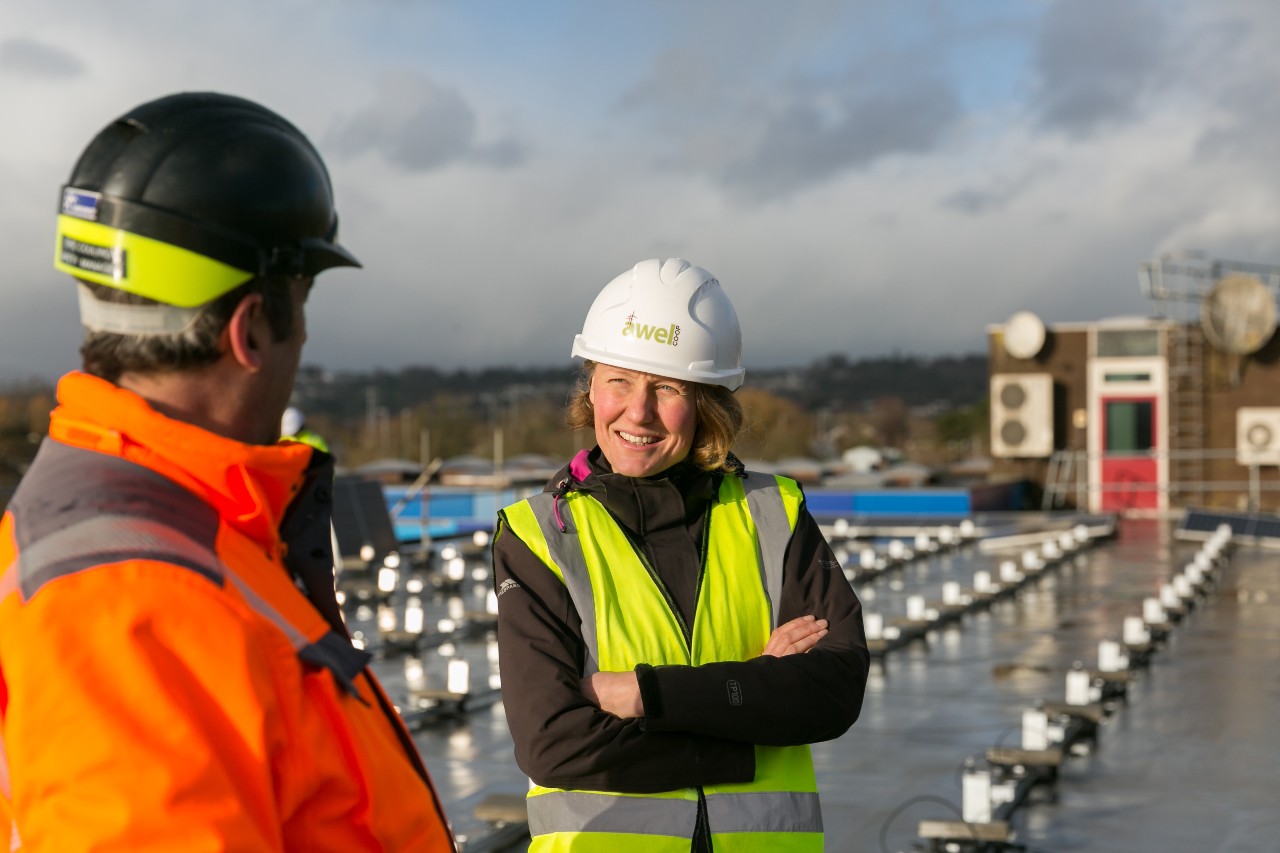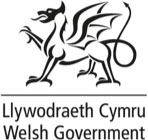
If you haven’t yet had a chance to plough through the 332 pages of the Levelling Up White Paper, I have done you a favour and put down a few thoughts (in less than 650 words).
The ambition is the right one
The aim of the policy is to make the UK a fairer place where wealth and opportunity is more evenly spread. Few would argue with that. The White Paper provides plenty of data, detailed analysis and refreshing critiques of why past initiatives have not worked.
Levelling up cannot be achieved by one government department alone
There is recognition that levelling up cannot be achieved by one government department alone. This is obvious, but nonetheless true and overlooked in past initiatives. We cannot make this country more equal by just focusing on the economy and ignoring health education or housing. (We need to consider progressive taxation and welfare spending too, but there is scant mention of that in the White Paper).
Long-term commitment
And there is a commitment to pursuing this policy over the long-term. No Government can bind in future Governments, but the stark disparities we face should convince future leaders that tackling regional inequality is a priority. Or you would like to think.
What about resources?
There is a gap between the reality and the rhetoric. Levelling up requires significant resources. That is the lesson from elsewhere. But for Wales it looks like there will be less money than before. The IWA estimates Wales will receive less than half of what we used to receive from EU funds. The Welsh Government states Wales will lose £1 billion by 2024. Wales is being short changed.
Good collaboration
The White Paper talks about how good collaboration between government, councils, business and civil society is essential if we are to be effective. Again the lessons around the world show this to be correct. We know this is not yet happening in the way it needs to. It is no secret the UK Government and the Welsh Government are not working together effectively. The voluntary sector is not at the table. This has got to be addressed if we are to avoid the lack of co-ordination and duplication we saw in the recent Community Renewal Fund.
Hopefully, these issues will be addressed. As citizens we have a right to expect governments to work together. Meanwhile we all have a role to make this policy work. In Wales we have to look beyond the funds that will be distributed directly to us. We need to secure a decent share of the UK wide funds too, where we have to compete with other parts of the UK. Programmes on subjects ranging from R&D to community ownership will require high calibre proposals from Wales to maximise these competitive opportunities. This is something we have not always been good at doing in the past.
And we need to work together. Local authorities in Wales, who are very much in the driving seat with the funding, need to collaborate with those in the third sector as well as with businesses to put together effective projects. We need to give businesses, social enterprises and charities the job of leading projects where they have the expertise.
Councils also need to collaborate with each other so that where it makes sense to put together regional or Wales wide projects, then they do so. It is positive to see funding devolved to the local level, but certain initiatives make no sense to implement on a county basis. Business support and back to work programmes for example. It is in our hands to make sure projects are joined up in a way that makes sense to citizens and are efficient.
We’re ready to work with you
Cwmpas wants to work with councils, regional bodies and voluntary sector organisations across Wales to prepare bids and deliver projects. To explore how we might help, please get in touch. Derek.Walker@cwmpas.coop









